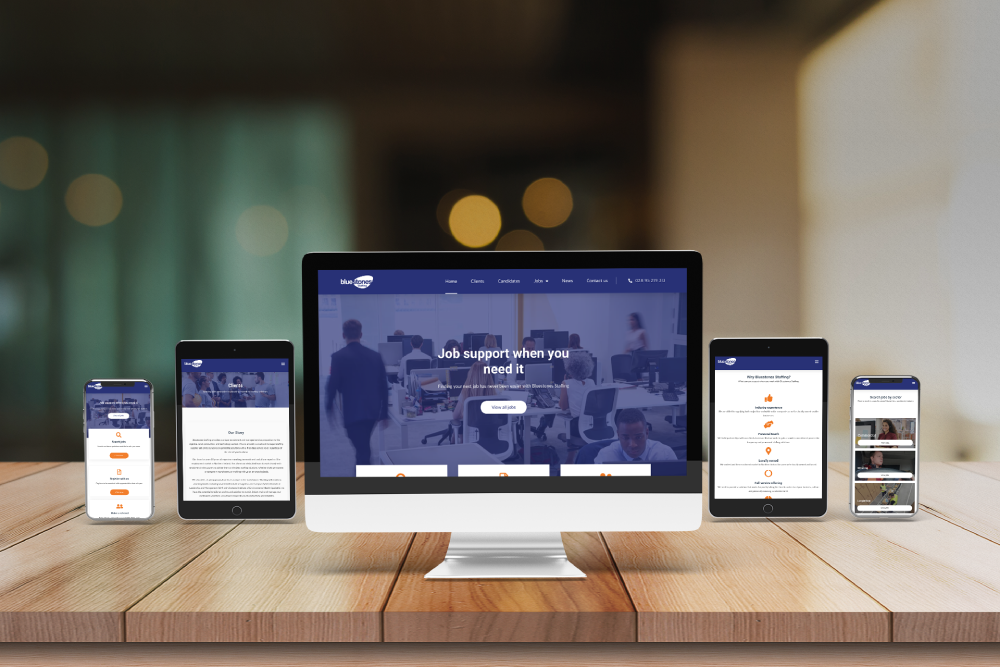Hybrid harmony: Navigating employee requests in 2024
As we navigate the evolving landscape of work in 2024, hybrid working continues to shape how businesses operate. This guide aims to provide employers with a comprehensive understanding of hybrid working, its implications and effective strategies for managing employee requests in light of recent legislative changes.
Hybrid harmony: Navigating employee requests in 2024 Read More »







